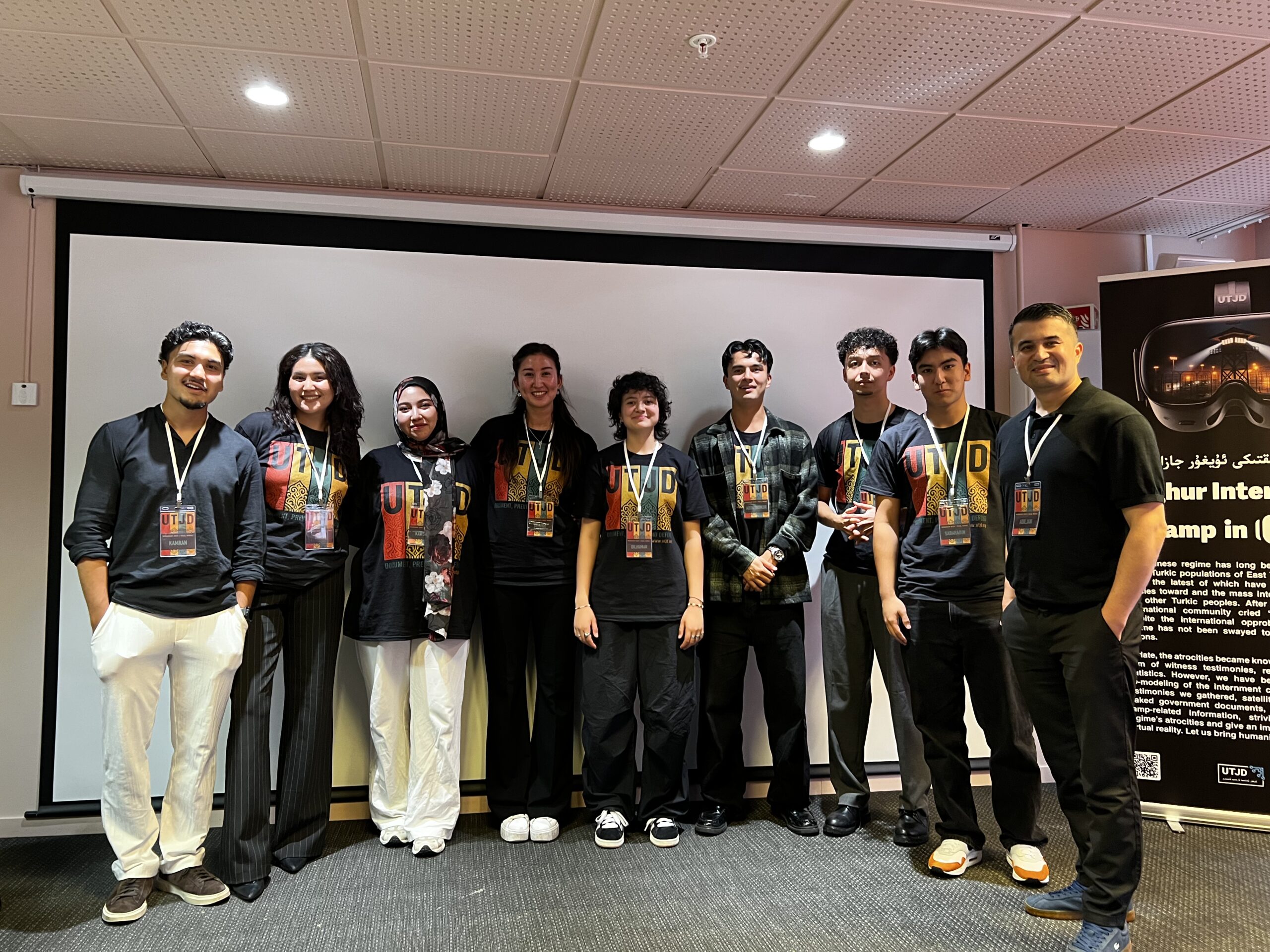Hitting a Trough of the Genocidal Wave?
Following a decade of intense systematic persecution against the Uyghurs and other Turkic peoples in East Turkistan, the Chinese regime appears to have reduced its firepower in recent years. As the world struggled to recover from the COVID-19 pandemic, China began welcoming tourists from an expanding list of countries after the introduction of its visa-free policy, a move believed to address the country’s slowing economy, deflation concerns, and image repair needs. As of December 2024, citizens from 38 countries could travel to China visa-free.
Based on interviews conducted by UTJD between 2023 and 2024, this report presents confirmatory and additional accounts of oppression and investigates the intents behind the Chinese regime’s (possibly provisional) relaxation of entry into East Turkistan.
In late 2013, the Chinese regime established what later became known as the reeducation internment camps in southern East Turkistan, initially targeting devout Uyghur Muslims with 15-day to 3-month detentions. By 2017, the term ‘mass internment’ was used in the general reportage to describe the sheer scale of the regime’s internment drive across the region, which reportedly occurred in multiple waves: first targeting successful Uyghur entrepreneurs and those with strong religious convictions, then writers and intellectuals, and finally Uyghur government officials. During 2017–2019, Uyghurs lived in constant fear of night raids, with many sleeping fully clothed and keeping ‘go-bags’ ready. Arguably, the most shocking account came out of the interviews was that Uyghurs in general were so terrified of the extralegal/extrajudicial internment camps that some even chose to self-inflict imprisonment (in prisons) by bribing officials.
While the regime claimed that all internees “graduated” by late 2019, many were actually transferred to prisons or forced labor factories. By 2023/2024, the regime appeared to have adopted more covert internment tactics. Arbitrary internment continued in 2024, though reportedly with shorter durations than before. Reasons for internment in recent years have been expanded to include for example criticizing interethnic marriages.
Uyghurs who chose to travel to East Turkistan face intense scrutiny and pressure to become informants. The regime has also continued its cultural erasure efforts by demolishing mosques, Uyghur shrines, and cemeteries. Uyghur children can now barely speak Uyghur due to the regime’s relentless Sinicization efforts. Uyghur residents have been forced out of traditional Uyghur neighborhoods in for example Kashgar old town, which has been turned into a Disneyesque theme park for tourists.
To a casual observer, with its visa-free policy China aims to boost tourism, attract foreign investment, and improve its global image. However, with respect to East Turkistan, the Chinese regime seeks to mask and whitewash its various human rights abuses under a veneer of “normalcy” curated for tourists. While the relaxation of entry restrictions into East Turkistan is projected as a gesture of openness, we believe it is a calculated move within the regime’s broader strategy, entailing multiple covert intents beyond the regime’s obvious attempt at image repair.
Beijing’s primary intent is to counter international criticism of its human rights abuses in East Turkistan. By inviting foreign tourists and curating controlled experiences, the authoritarian party-state seeks to present a narrative of peace, prosperity, and normalcy. However, tourists are restricted to approved sites. Furthermore, among the interviewees were non-Uyghur EU citizens, who told UTJD that they had been followed by plainclothes officers during their travels in East Turkistan in 2024.
Additional intents behind the relaxation of entry into East Turkistan include:
- Diminishing the momentum of Uyghur rights advocacy on the global stage
- Facilitating surveillance of the Uyghur diaspora
- Creating divisions among Uyghurs in the diaspora, undermining the unity needed for effective rights advocacy
- Aiming to achieve broader economic and geopolitical ambitions by transforming East Turkistan into a major business hub for South and Central Asia
Read the full report here
Watch the documentary miniseries exploring this topic here

